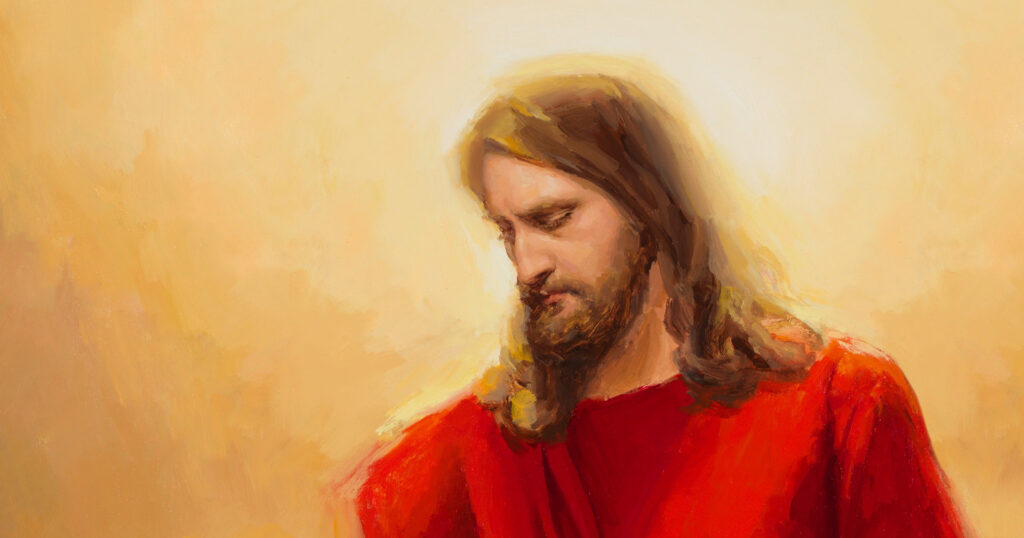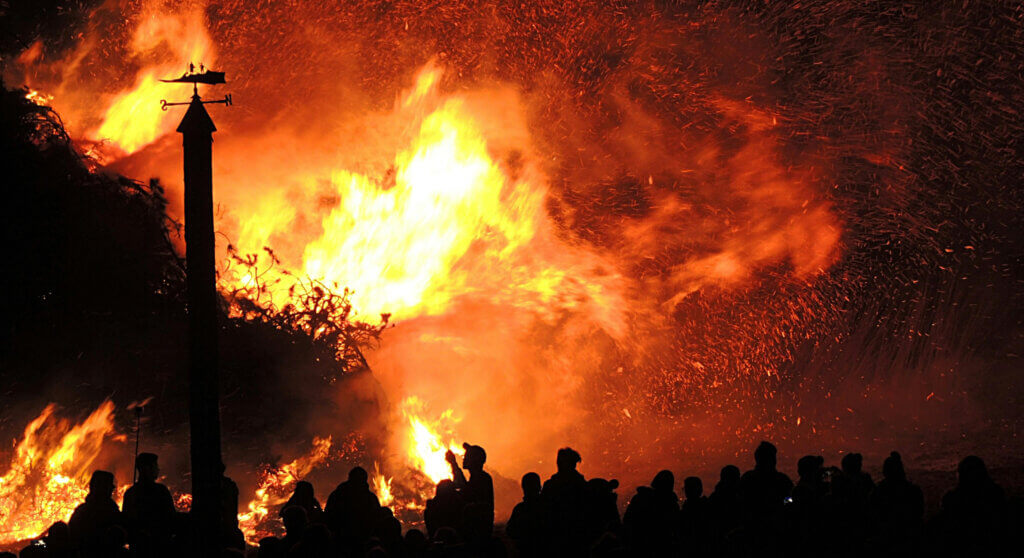King Hezekiah as a Type of God’s End-Time Servant
Because Isaiah’s Seven-Part Structure places the historical events surrounding King Hezekiah’s life in a parallel, end-time setting, those events will repeat themselves at the end of the world—with God’s servant fulfilling the role of Hezekiah. Thus, as Hezekiah suffered a mortal threat to his life, so does the servant when his enemies disfigure him: “In […]
King Hezekiah as a Type of God’s End-Time Servant Read More »













